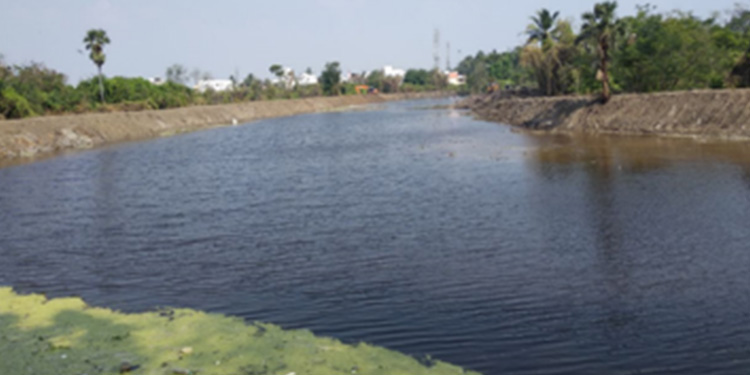
Building Climate Resilient Communities
The Indian subcontinent is among the world,s most disaster-prone areas. Economic loss due to disasters and extreme weather events costs India nearly 2.25% of its GDP annually. Close to 59 percent of land mass in India is prone to earthquakes and 8 percent area is exposed to flash floods. The 8000-km long coastline has a history of facing regular threats of cyclones and storms.
In recent years, devastating floods have hit metropolis regions such as Mumbai (2005, 2017), Kolkata (2007), Chennai (2004, 2015), Delhi (2002,2003, 2009, 2010), Surat (2004), Srinagar (2014) etc. The frequency and intensity of dry and rain deficit years has increased in last few decades and 22 of 32 big cities in India face water crisis. The looming water crisis faced by the city of Bengaluru was recently covered widely in the media. The Economic Survey, 2018 predicts up to 25% agriculture income decline owing to climate change.
The direct and indirect impacts of natural disasters are devastating to business activities and their continuity, especially that of MSMEs. A study by CII and KPMG (2016) showed that the 2015 Chennai floods severely affected 8,500 MSME units and 56,000 workers.
A similar CII, along with CII Foundation not just work towards immediate relief efforts but also manages and implements long term rehabilitation interventions in disaster affected areas. CII Foundation, with support from the corporate sector, has been implementing high impact pool funded rehabilitation projects in Uttarakhand, Tamil Nadu, Nepal, Jammu & Kashmir to rebuild infrastructure, revive agriculture, strengthen education facilities, enable financial security through skill training and alternative livelihood opportunities and ensure accessibility of healthcare services.
In response to the devastating floods in Chennai in 2015, CII Foundation initiated a range of rehabilitation interventions to rebuild the infrastructure, provide livelihood opportunities, ensure adequate sanitation facilities and restore select water bodies. Some of the key reasons which led to the Chennai floods, as cited by the experts was neglect of waterbodies marshlands and drainage channels of the city. Thus, reclamation of waterbodies is one of the priority areas of the Government. To address the issue, CII Foundation, along with CII Southern Region, under the “Southern Region Water Alliance” initiative is reviving the dying lakes in the Chennai city and nearby suburban areas. A three-acre lake “Gaingai Amman Koil Kulum” has been restored recently with financial support from Grundfos. More industry members, like GMMCO, Danfoss, Pon Pure Chemicals and Borg Warner have partnered in this initiative.
CII Foundation has also been working towards addressing the challenge of drought, especially in Maharashtra and Haryana. The Foundation, along with CII Triveni Water Institute initiated water resource mapping, planning, conservation program across 6 districts in Maharashtra and one in Haryana. The mapping is done by Water Planning & Assessment Tool (WATSCAN), which is an integrated IT driven, GIS and Remote Sensing based information system that enables comprehensive watershed evaluation, to help devise community-centric water management interventions. The project is being supported by Standard Chartered Bank, Volkswagen, Dow Chemicals, Honda Motorcycle and Scooter India and Vertiv.
Based on the findings of study in Aurangabad, CIIF is working towards improving and stabilizing water resources in Paithan Kheda, Kesapuri, Pangra and Shivnai villages of the drought prone Aurangabad.
Going forward, CII Foundation aims to expand the disaster and climate resilience initiative in many more geographies. This will include resilience measures against urban floods and restoration of lakes (Chennai, Bangalore, NCR etc.); drought proofing and climate change adaptation in drought prone agrarian districts and coastal zones (in over 150 gram panchayats in selected geographies); zero biomass burning and climate smart farming in North Western India (in over 1000 gram panchayats); and pollution mitigation and standards & certifications in selected MSME clusters.
To partner/ support the CIIF initiative, please contact chandrakant.pradhan@cii.in / kuldeep.sengar@cii.in

